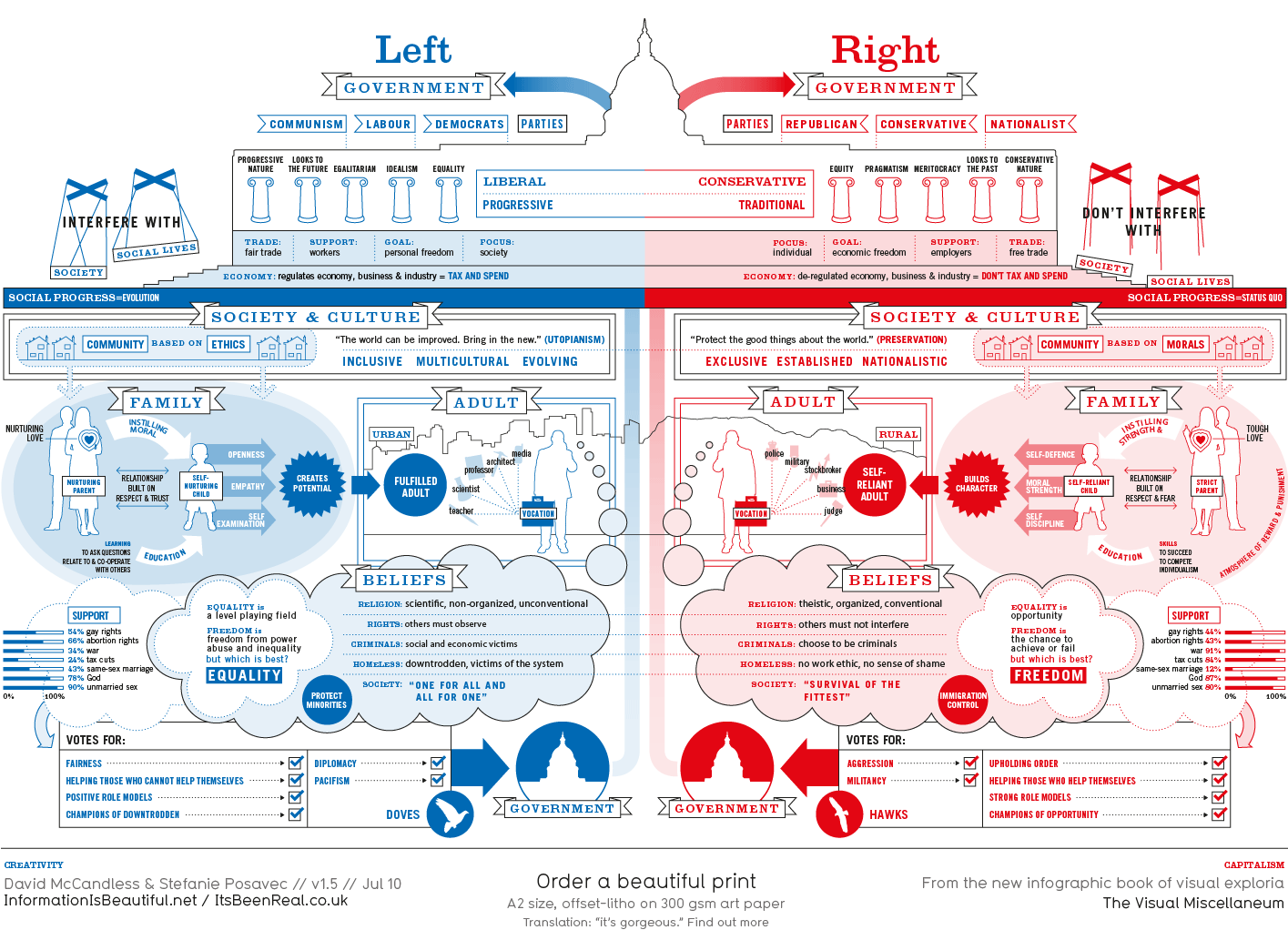

Because the Communist World lost in peacetime to the Capitalist West despite availability of manpower and materials, one could argue it lost the ‘ideological’ war, or History as Fukuyama defines it. One thing for sure, communism lost the economic and material war with the West DESPITE the vast amounts of manpower and raw materials because its command structures went against the laws of efficiency there was also the problem of incentives, or lack thereof. Which side would have won the War of Ideas? Or, suppose war had been averted between National Socialist Germany and the Soviet Union in 1941 and suppose Germany continued to access Russian raw materials while Stalin, becoming more pragmatic, ditched hardcore communism in favor of mixed economics on the fascist model. Suppose history had come down to a contest between a fascist union of Russia and Germany against the West. And suppose Germany followed in the fascist path soon after than following the prolonged Weimar Period that radicalized German politics to bitter extremes. Suppose Russia, like Italy and Turkey, had gone quasi-fascist after World War I. One wonders how history might have panned out if things had gone somewhat differently. As the British, French, and others were about to recede from their overseas empires, matters were arranged so that the spoils would go to the US as the ‘benevolent’ hegemon over the new world order. The US also benefited from the collapse of European Imperialism in the Third World. With World War II destroying the various forms of fascism and severely wounding communism(with horrendous human cost), it was a golden opportunity for the Capitalist West to seize the moment, especially as its biggest behemoth, the United States, was untouched by war, had boundless natural resources, and a giant talent pool to draw from(not least emigres from the ruins of Europe). In the wake of the demise of old power structures, there was the contest of ideologies, the most spectacular being Fascism vs Communism, especially in the war between Nazi Germany and the Stalinist Soviet Empire. What came to define the modern era was the conflict of ideologies, especially after the remnants of the Old Order were finally swept away in the West, especially in Kaiserian Germany and Tsarist Russia(and it would end in Japan as well following its defeat in World War II). The rise of mass politics meant there was no return to monarchy and aristocracy. Ideology aside, the rise of modernity had vastly undermined the power of the church and traditions. As such, a better title would have been The End of Ideology. He meant the grand struggle of ideas in the Hegelian sense. He didn’t mean history as most of us understand it: political back and forth, big events, triumphs and tragedies.

And it should be noted what he meant by ‘history’. Even though Francis Fukuyama has become a butt of jokes and punching bag for many commentators, it is understandable why he arrived at such a thesis.


 0 kommentar(er)
0 kommentar(er)
